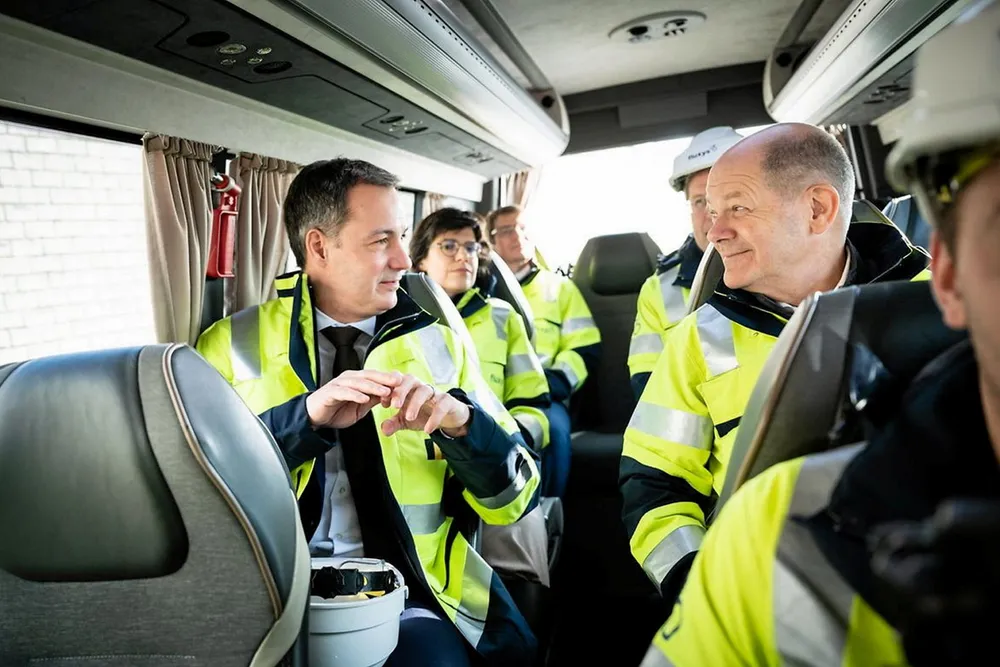Germany wants to link its hydrogen pipelines with Belgium’s by 2028, despite concerns about readiness
German chancellor Olaf Scholz promises investment decisions this year to enable connection of two hydrogen networks

German chancellor Olaf Scholz promises investment decisions this year to enable connection of two hydrogen networks
